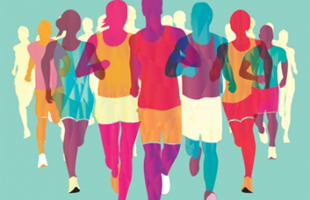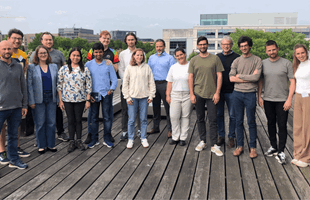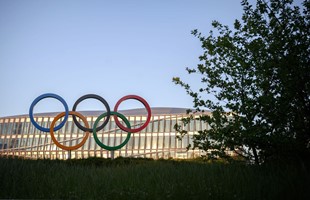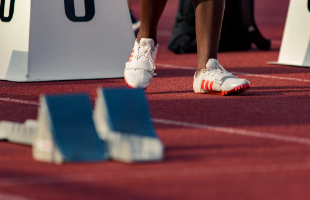The role of athlete commissions in addressing sport-related human rights abuses: a case study of the Commonwealth Games Federation Athletes Advisory Commission
Athlete commissions have an important role to play in addressing sport-related human rights abuses. This article will explore this by examining the Commonwealth Games Federation (CGF) which made constitutional changes and created its first athlete representation body in 2017—the CGF Athletes Advisory Commission (AAC). These governance and legal changes empowered athletes to be part of the CGF leadership. Under the new governance structure, the Chair of the AAC is a voting member of the CGF Executive Board. The AAC met for the first time in 2018. In 2020, they launched their strategy (CGF Media Release 13 May 2020. https://thecgf.com/news/cgf-athletes-advisory-commission-launch-new-strategy. Accessed 28 October 2021) which seeks to uphold and live the Commonwealth Sport values of humanity, equality and destiny. The strategy identifies the Commonwealth athletes as agents of change, advocates for integrity and ambassadors for respect, impartiality and non-discrimination. How realistic is this ambition? The CGF itself, Commonwealth Sports Ministers and Commonwealth Member Countries have all adopted zero tolerance policies towards human rights violations (See The Commonwealth Consensus Statement on Promoting Human Rights in and through Sport 27 October 2020. https://thecommonwealth.org/sites/default/files/inline/CW%20Consensus%20Statement-ADOPTED%20v2.pdf. Accessed 28 October 2021 and The CGF Transformation 2022 Refresh 3 September 2019 Page 31. https://thecgf.com/sites/default/files/2019-10/CGF_TRANSFORMATION%2022_BROCHURE_FINAL_16-08-19_LOW%20RES.pdf. Accessed 28 October 2021). The authors will speak to the current Chair of the AAC and the previous Chair of the AAC to ask some pertinent questions around what impact the 2020 AAC strategy can have in safeguarding participants from sport related human rights abuses. The interview will explore policy change, governance reforms and long terms strategies which can maximize the role of athletes in protecting, respecting and fulfilling the human rights of not just athletes but all involved in the delivery of the Commonwealth Sport movement.



